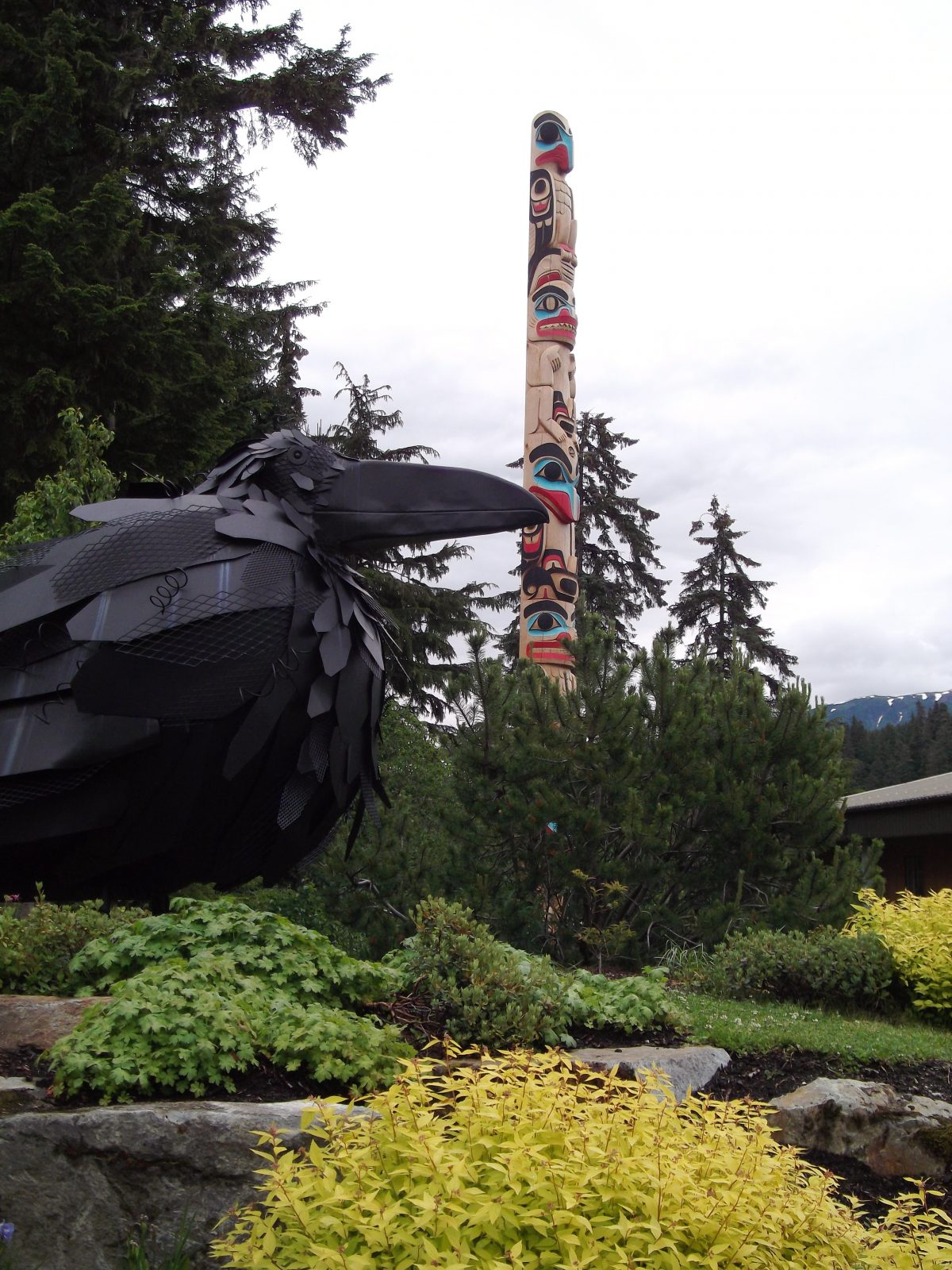- How does understanding culture and power impact your teaching?
It is essential for us as teachers to understand our own culture, background and learned biases. Acknowledging these and understanding ourselves allows us, as human beings, to be aware of the lens through which we view the world, our community and students. It is only through this self-reflection and awareness can we be mindful of how we interact with students, families and co-workers. Being willing to learn about and connect with students of differing cultures and backgrounds than our own is vitally important. To respect what students bring to the classroom and empower them through starting with what they know and building upon it is powerful.
- The three terms that resonate with me from the Multicultural Education word wall were:
Transformative, Advocacy and Empowerment. I feel these three overlap and build upon each other. We must begin with transformative learning within ourselves, forming a conviction to revise belief systems and behaviors within ourselves and our schools.
It is our responsibility as mindful teachers to advocate for our students, to be the bridge builder for those who may come into our classrooms without the background knowledge expected and required to meet standards. As well as to mediate between staff and students who come from different backgrounds.
It is also our role as advocates to empower our students through the acknowledgment of the rich culture, knowledge and perspectives they bring to the classroom. To value them as individuals who, as David Katzeek reiterated to us many times, “Have it within them”. There such power in building confidence within students.
- Describe your plan to teach in a culturally responsive way in the coming year. Include teaching strategies you might employ as well as content/units you will implement
As a culturally responsive teacher I will strive to acknowledge the values and experiences of students in my classroom and the community we live within. We have a curriculum that guides us, but as teachers how we teach it is up to us. I hope to engage students to be critical thinkers, to question everything, to make observations, and use primary resources as evidence. As a science teacher I feel the connection to place and community is a natural and obvious fit and hope to not only bring in local experts (cultural bearers, fish and game, forest service etc.) but also to get out into our community as often as possible.
We learned a wealth of culturally responsive and place based strategies throughout this course. I especially enjoyed the concrete examples share by our guest teachers: David Katzeek, Selina Everson, Linda Berardi, Paula Savikko, Tina Pasteris, Alberta Jones, Kathy Neilson, Scott Christian and Ernestine Hayes.
I am excited to put their strategies in to motion in my own classroom including: community engagement, scientific research in our own community, creating authentic audiences, math-trails that beautifully weave in the history and culture of our community, inviting elders into the classroom, using children’s books as the leaping of point for lessons, and most of all loving my students enough to see them. To acknowledge their diverse backgrounds and empowering them to be confident in my classroom and take ownership of their own education through the opportunity of choice in their own education.

You are the post master! Having all the guest speakers mentioned is good. It’s good for me to see their names again. I will also ustilize scotts example of community engagement. Most of all though, as you so eloquently stated, “loving them enough to see them”.
I really appreciate your mention of all the wonderful culturally responsive and placed-based instruction we received throughout these weeks. It is the stories of elders and experiences at culture camp with teenagers that will stick with me for forever!